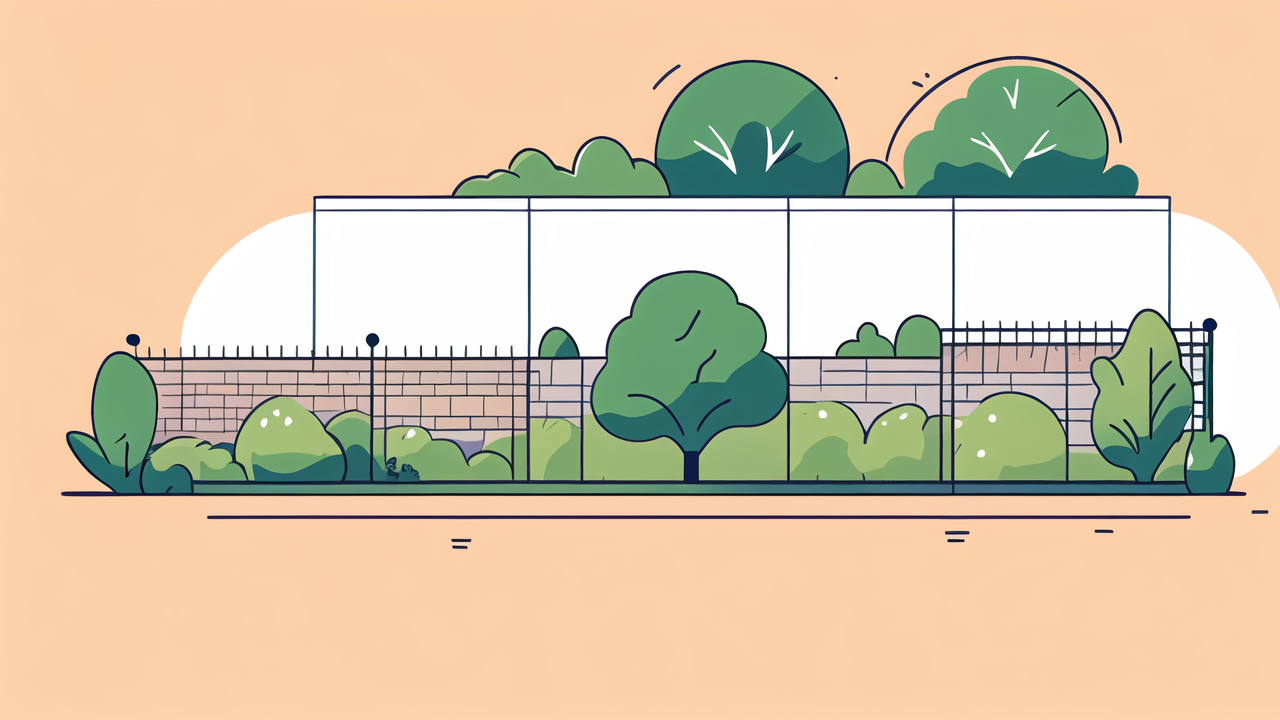The Rise of Eco-Friendly Pool Fencing: Why Faux Ivy is a Game-Changer
Understanding the Environmental Benefits of Faux Ivy
Faux ivy privacy fences are becoming a popular choice for pool areas. They offer a green look without harming real plants. These fences don't need water or care like living plants do. This saves water and time. Faux ivy is made to last for many years. This means less waste over time. It doesn't attract bugs or need harmful chemicals. This is good for the local environment. Many faux ivy products are made from recyclable materials. This reduces their impact when it's time to replace them. Faux ivy fences can also help cool the area around your pool. This can lower the energy needed to keep your pool comfortable.

Comparing Faux Ivy Privacy Fences with Traditional Options
Faux ivy fences have many benefits over regular fences. They are lighter and easier to put up than wood or metal fences. This means less work and lower costs. Faux ivy won't rot or rust. It doesn't need painting like other fences do. It keeps looking good for years with little work. Regular fences can block views and make spaces feel closed in. Faux ivy creates a soft, natural barrier that feels open. It can be shaped to fit any space easily. This is hard to do with stiff fencing. Faux ivy also helps reduce noise better than hard fences. This can make your pool area more peaceful and private.
Innovative Designs: How to Create a Private Oasis with Faux Ivy Fences
Maximizing Your Space: Small Garden Solutions
Faux ivy fences are great for small gardens with pools. They take up less room than brick or wood fences. This leaves more space for pool fun. You can use faux ivy panels to make cozy spots around your pool. These are perfect for relaxing or having friends over. Layer faux ivy to add depth to small areas. This trick makes spaces look bigger and more green. Try faux ivy on trellises or pergolas too. This adds green without using ground space. For very small yards, use faux ivy on movable screens. You can move these to get privacy where you need it most.

Incorporating Faux Ivy into Existing Landscaping
Faux ivy fences mix well with real plants. They can quickly fill empty spots in your garden. Use faux ivy to cover plain walls or fences near your pool. This creates a smooth, green look. Mix faux ivy with real climbing plants for variety. This adds texture and interest to your pool area. Faux ivy can hide pool pumps or storage areas. This keeps your yard looking neat and natural. Wrap faux ivy around posts or columns. This softens hard edges and connects your pool to the rest of the garden. You can even use faux ivy to make shady spots. This adds comfort to your pool area without planting trees.
Expert Installation Tips for Faux Ivy Privacy Fences in the United States
Best Practices for Setting Up Your Faux Ivy Fence
Putting up a faux ivy fence is easier than regular fencing. First, pick a strong frame or use an existing structure. Make sure it can hold the weight of the ivy panels. Clean the area and remove anything in the way. Measure carefully to get enough faux ivy to cover your space. Start at one end and work across. Use zip ties or garden wire to attach the ivy to your frame. Make each panel overlap a bit. This stops gaps from showing. Cut extra ivy with sharp scissors for a clean edge. If using on a chain-link fence, weave the ivy through the links. For the best look, change the direction of the leaves as you go.

Maintaining Your Faux Ivy Fence for Long-Term Beauty
Faux ivy fences are easy to care for, but some upkeep helps them last longer. Check often for loose spots and fix them. This stops damage from wind or weather. Clean your faux ivy fence a few times each year. Use a soft brush or leaf blower to remove dust and dirt. For tough dirt, use mild soap and water. Rinse well to remove all soap. Don't use strong chemicals. They can harm the ivy's color. In sunny areas, look for UV-resistant faux ivy. This keeps the color bright for years. If parts fade, you can easily replace them. This keeps your pool area looking fresh and natural all year.
